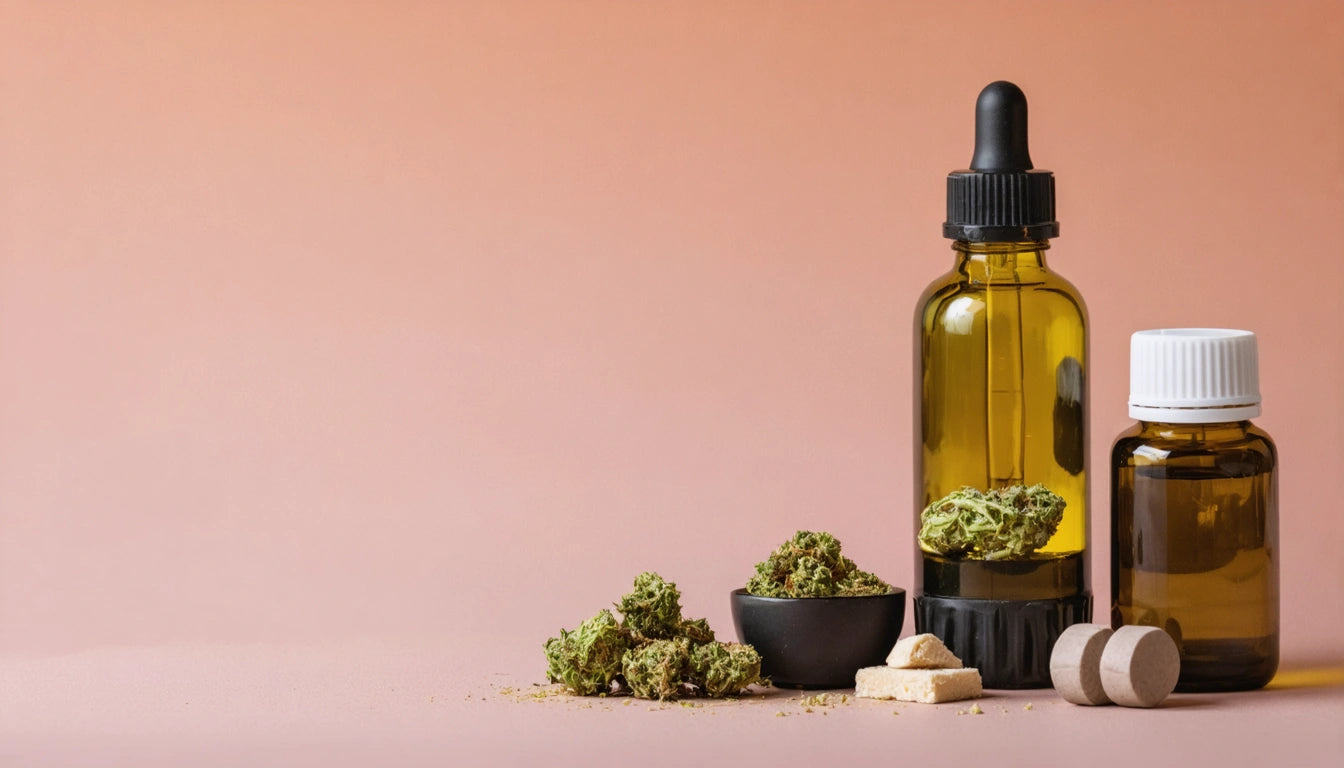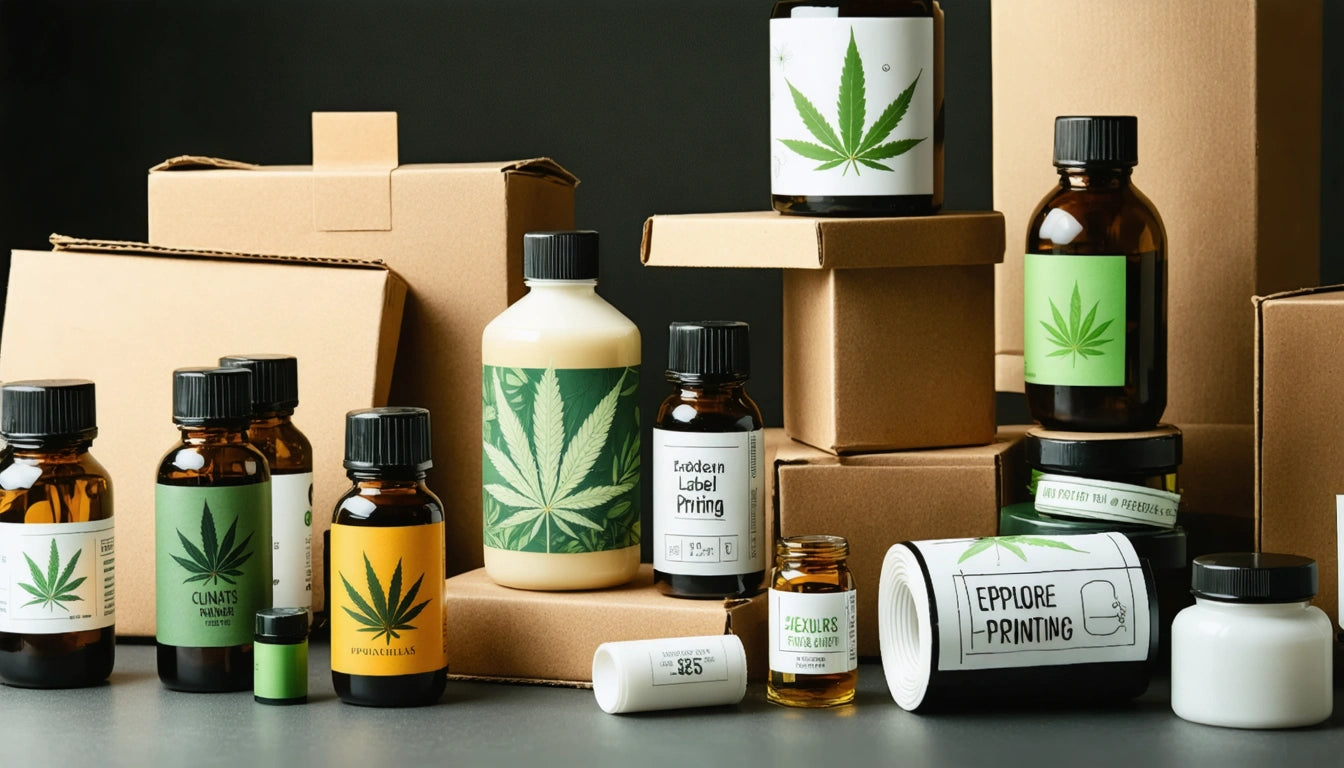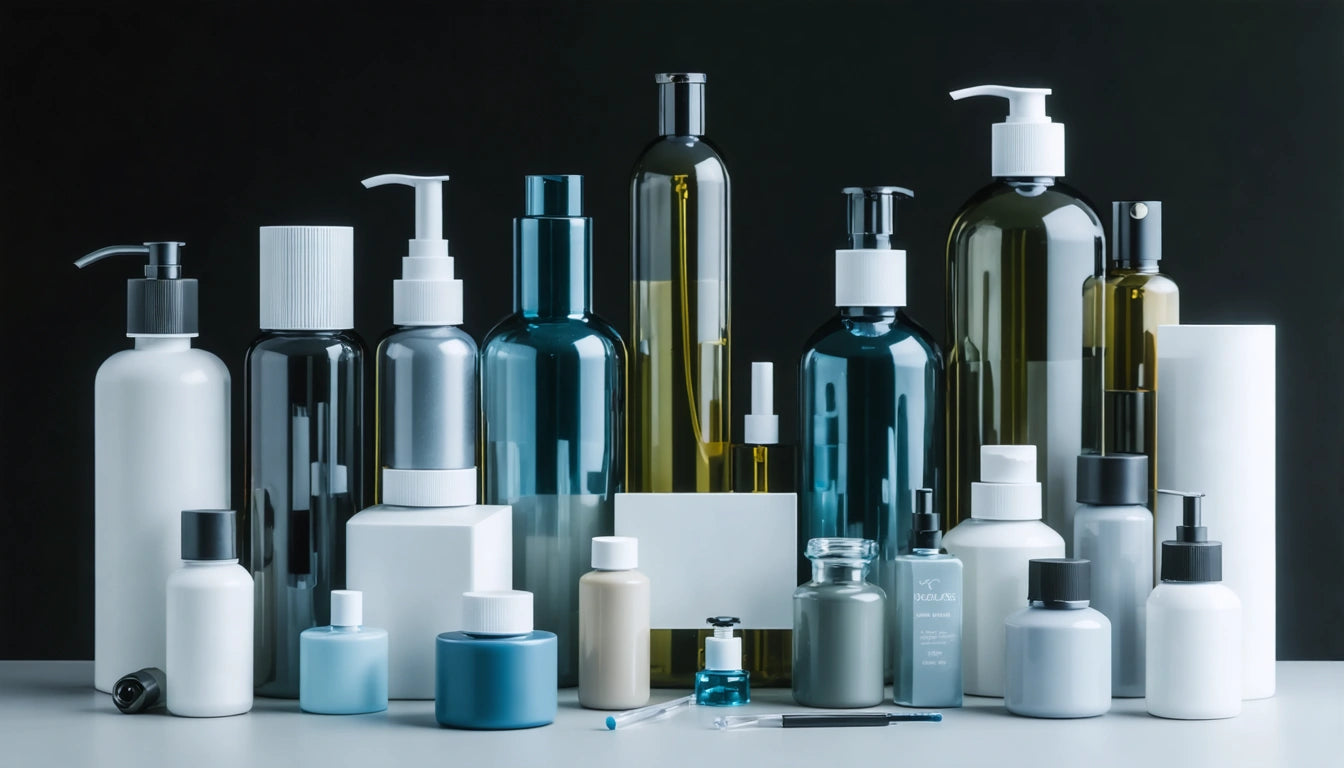Table of Contents
Cannabis consumption methods continue to evolve beyond traditional smoking, with edibles and tinctures becoming increasingly popular alternatives. While both deliver cannabinoids without combustion, they differ significantly in onset time, duration, dosing precision, and overall experience. Understanding these differences helps consumers make informed choices based on their specific needs and preferences.
Understanding Cannabis Edibles
Edibles encompass any food or beverage infused with cannabis extracts. These products range from gummies and chocolates to baked goods and beverages. When consumed, edibles must pass through the digestive system before entering the bloodstream, which affects how quickly and intensely their effects are felt.
The digestion process converts Delta-9-THC into 11-hydroxy-THC, a more potent compound that can create stronger and longer-lasting effects than other consumption methods. This metabolic process explains why edibles often produce a more intense body high compared to other intake methods.
Common Types of Edibles
- Gummies and candies
- Chocolates and baked goods
- Capsules and tablets
- Infused beverages
Cannabis beverages represent a growing subcategory of edibles with unique properties. As explained in our guide on cannabis beverages, these products often utilize specialized emulsion technology to improve absorption rates compared to traditional edibles.
Cannabis Tinctures Explained
Tinctures are liquid cannabis extracts typically made by soaking plant material in alcohol or oil. They're usually packaged in small bottles with droppers for precise administration. While tinctures can be added to food or beverages, they're most commonly administered sublingually (under the tongue).
When used sublingually, tinctures are absorbed directly into the bloodstream through the mucous membranes, bypassing the digestive system. This administration route significantly impacts onset time and bioavailability compared to edibles.
Common Tincture Bases
- Alcohol-based extracts
- MCT oil carriers
- Glycerin-based formulations
- Olive oil infusions
Key Differences Between Edibles and Tinctures
The fundamental differences between these consumption methods impact everything from onset time to duration of effects. Understanding these distinctions helps consumers select products that align with their expectations and needs.
When comparing sublinguals vs edibles, the absorption pathway creates the most significant contrast. Sublingual tinctures partially bypass first-pass metabolism in the liver, while edibles undergo complete digestive processing.
Bioavailability and Onset Times
Bioavailability refers to the proportion of a substance that enters circulation when introduced to the body. This factor significantly influences how quickly and efficiently cannabinoids take effect.
Edibles Bioavailability
Edibles typically have lower bioavailability (5-20%) due to digestive processing and first-pass metabolism in the liver. This contributes to their:
- Slower onset: Usually 30-90 minutes, sometimes longer
- Extended duration: Effects can last 6-8 hours
- More intense effects once they begin
Tincture Bioavailability
Sublingual tinctures offer improved bioavailability (20-35%) through direct absorption into the bloodstream, resulting in:
- Faster onset: Typically 15-45 minutes
- Moderate duration: Effects generally last 3-5 hours
- More predictable, gradual effects
For consumers seeking specific cannabinoid profiles, the extraction methods used in tinctures can preserve more minor cannabinoids. Our guide on minor cannabinoid products explores how these compounds contribute to the entourage effect.
Dosing Precision and Control
One of the most significant advantages of tinctures is dosing precision. Droppers allow for titration in small increments, making it easier to find the minimum effective dose. This precision is particularly valuable for medical users and those sensitive to THC.
Edibles, while improving in consistency, still present challenges in dosing accuracy. The delayed onset can lead to overconsumption if users grow impatient and take additional doses before the initial dose takes effect. For those seeking alternatives to traditional consumption methods, our selection of custom pre-roll cones offers another option for controlled dosing with the added benefit of branding opportunities.
The formulation type also impacts effects. As explained in our comparison of full spectrum vs isolate products, the presence of multiple cannabinoids and terpenes creates different therapeutic profiles compared to single-compound formulations.
Choosing the Right Product for Your Needs
Selecting between edibles and tinctures depends on several personal factors, including desired onset time, duration of effects, and consumption preferences. Consider these guidelines when making your selection:
Edibles may be preferable when:
- Longer duration is desired (extended relief)
- Discretion is important (no visible consumption)
- Stronger effects are sought
- Enjoyable consumption experience is prioritized
Tinctures might be better when:
- Faster onset is needed
- Precise dosing is critical
- Adjustable effects are desired
- Avoiding sugar or specific ingredients is necessary
For personalized recommendations based on lifestyle factors, our guide on choosing products based on lifestyle provides additional insights to help narrow your options.
Whether you choose edibles, tinctures, or other consumption methods, understanding the fundamental differences between these product categories empowers you to make informed decisions that align with your specific needs and preferences.











Leave a comment
All comments are moderated before being published.
This site is protected by hCaptcha and the hCaptcha Privacy Policy and Terms of Service apply.